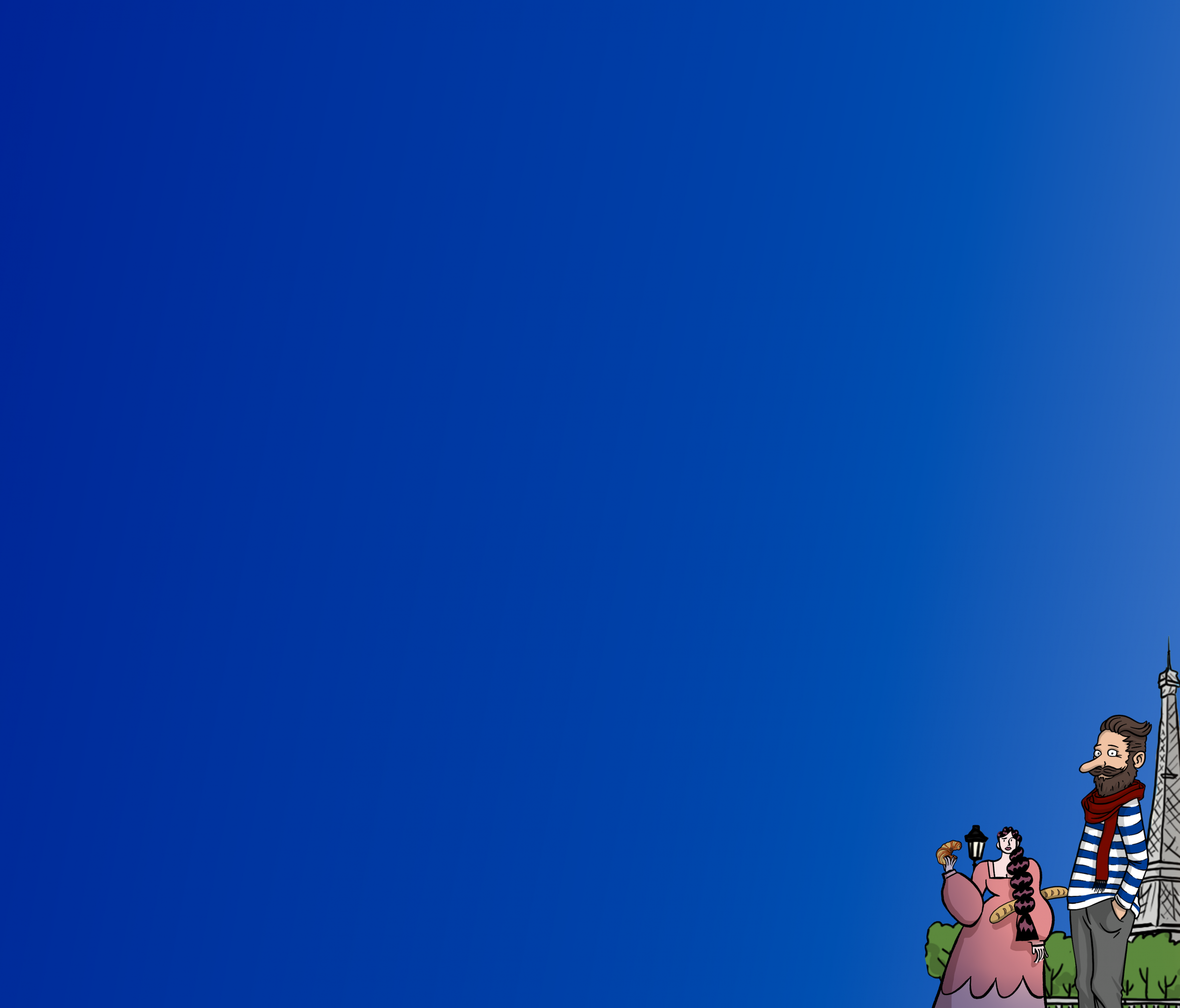The agreement of the adverb tout
J'aime toutes les filles, j'aime tous les garçons (adjectif → accord) I love all the girls, I love all the boys. (adjective → agreement)
Ils sont tous là, elles sont toutes là (pronom → accord) They are all there, they are all there. (pronoun → agreement)
Tes vêtements sont tout sales (adverbe → invariable) Your clothes are all dirty. (adverb → invariable / no agreement)
Je suis tout triste. (= très triste) I'm very sad.
Mon chat est tout mouillé. (= complètement mouillé) My cat is all wet.
Mes chats sont tout mouillés. My cats are all wet.
Ma fille est toute triste, mes filles sont toutes tristes. (triste commence par une consonne → accord) My daughter is very sad, my daughters are very sad. (triste starts with a consonant → agreement)
Ta sœur est toute honteuse. (honteuse commence par un h aspiré → accord) Your sister is very ashamed. (honteuse starts with an aspirated h → agreement)
Ma voisine est tout excitée, mes voisines sont tout excitées. (excitée(s) commence par une voyelle → pas d'accord) My neighbour is very excited, my neighbours are very excited. (excitée(s) starts with a vowel → no agreement)
Still having trouble with 'The agreement of the adverb tout'? Master the rules of French grammar and improve your French level thanks to our online French lessons Frantastique. We're offering a 7-day free trial, so what are you waiting for?
What our users say:
Looking to improve French for beginners? Frantastique provides effective and fun training!
Tips for learning 'The agreement of the adverb tout'? Share them with us!

